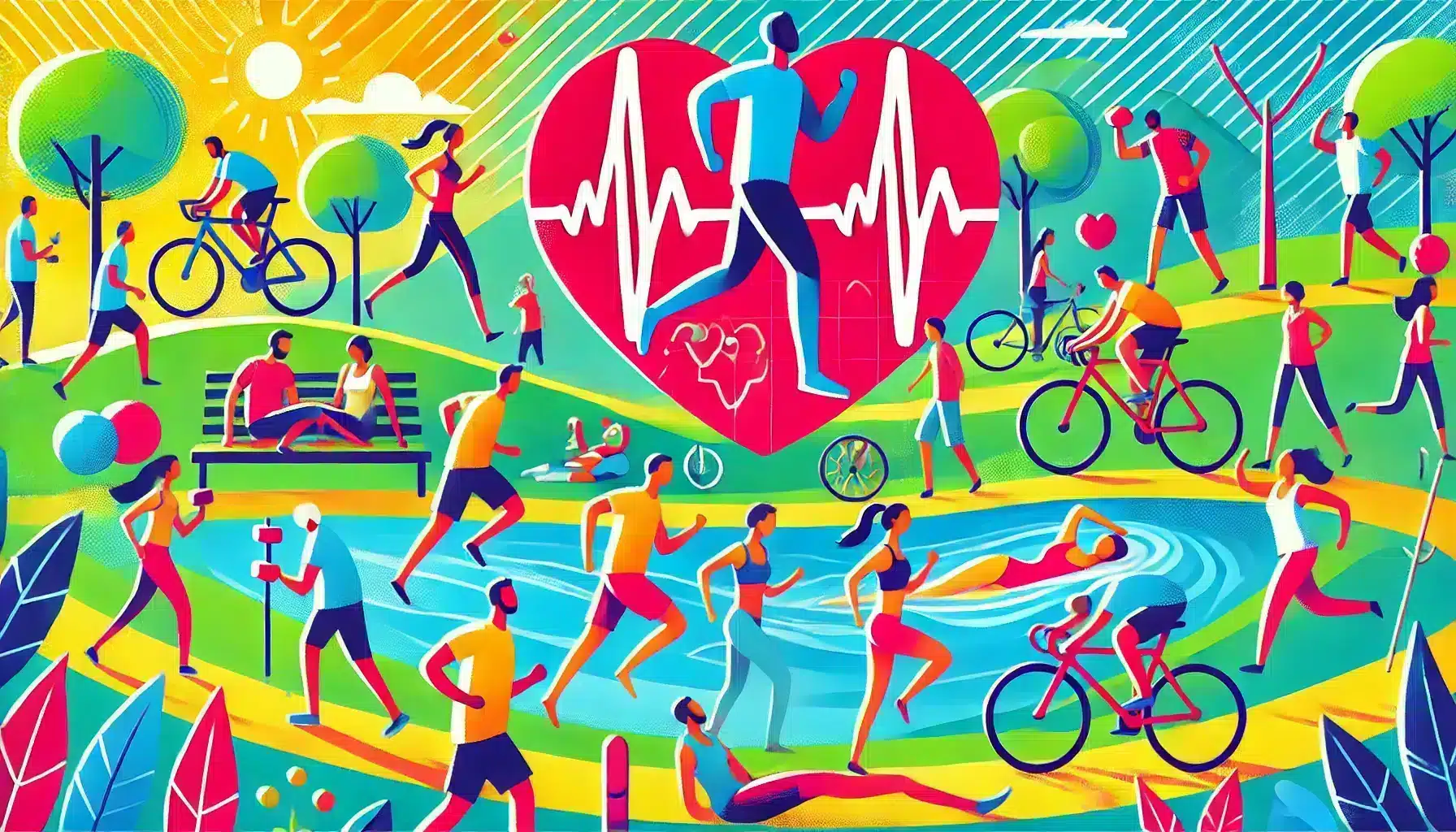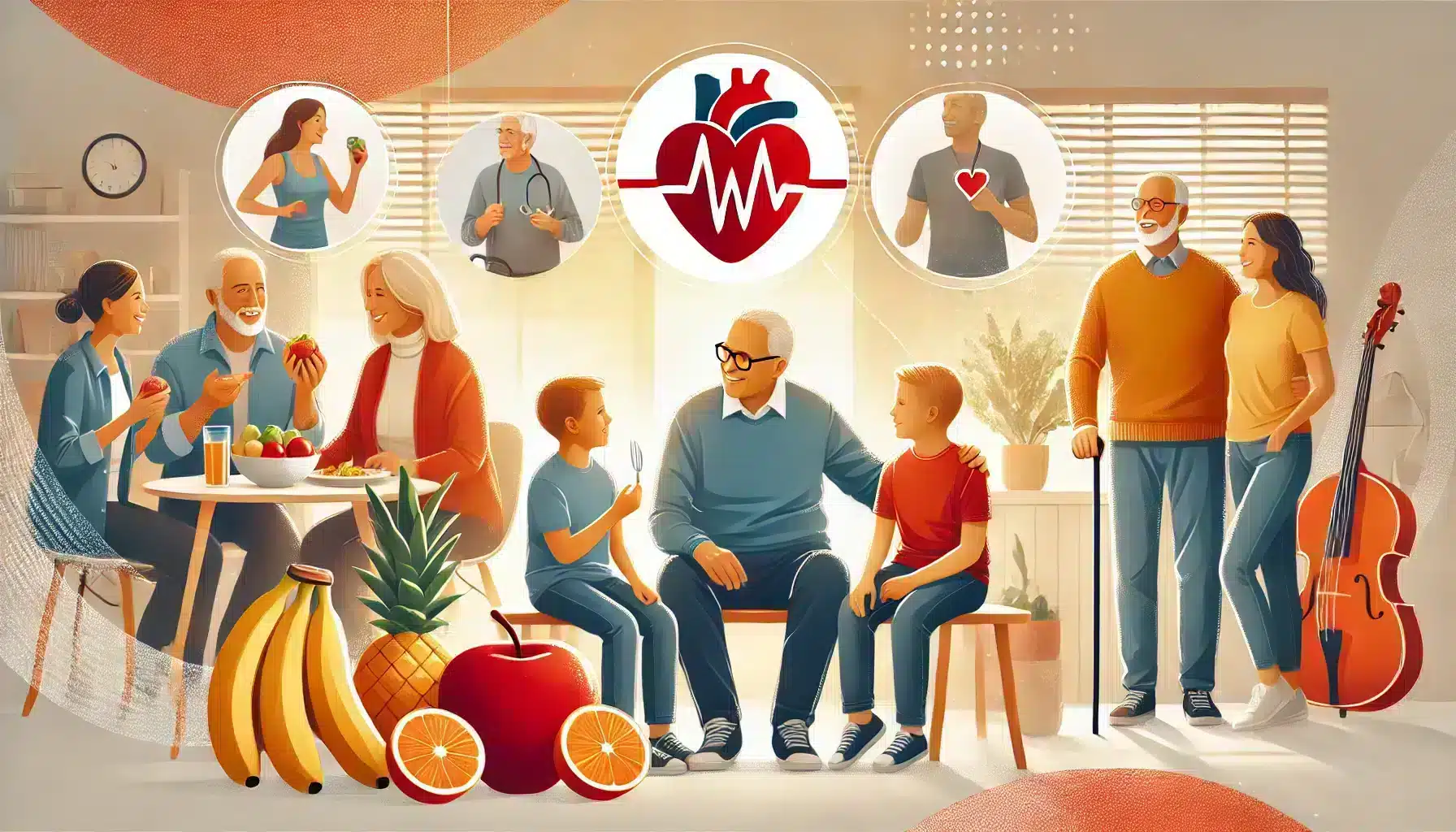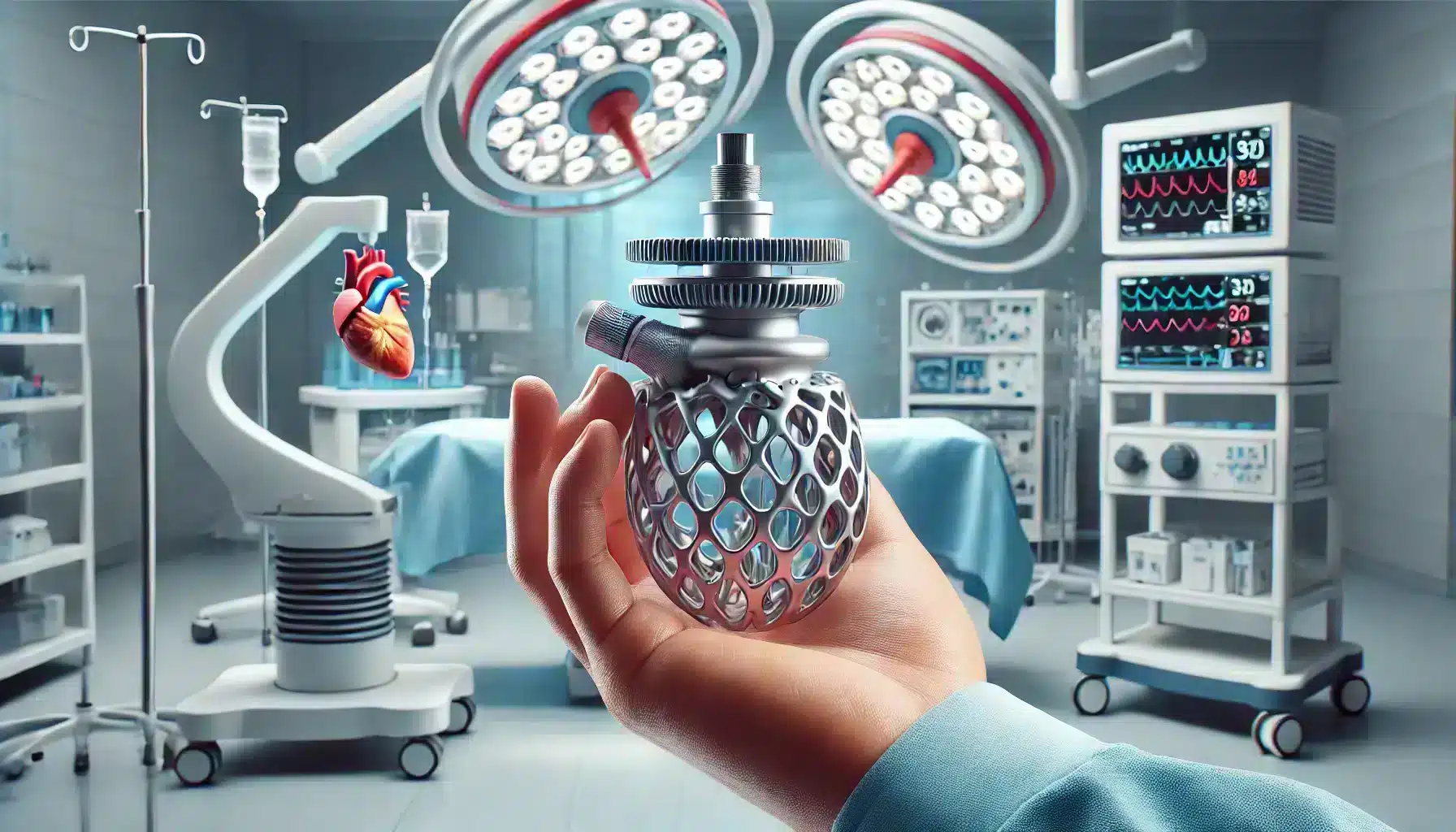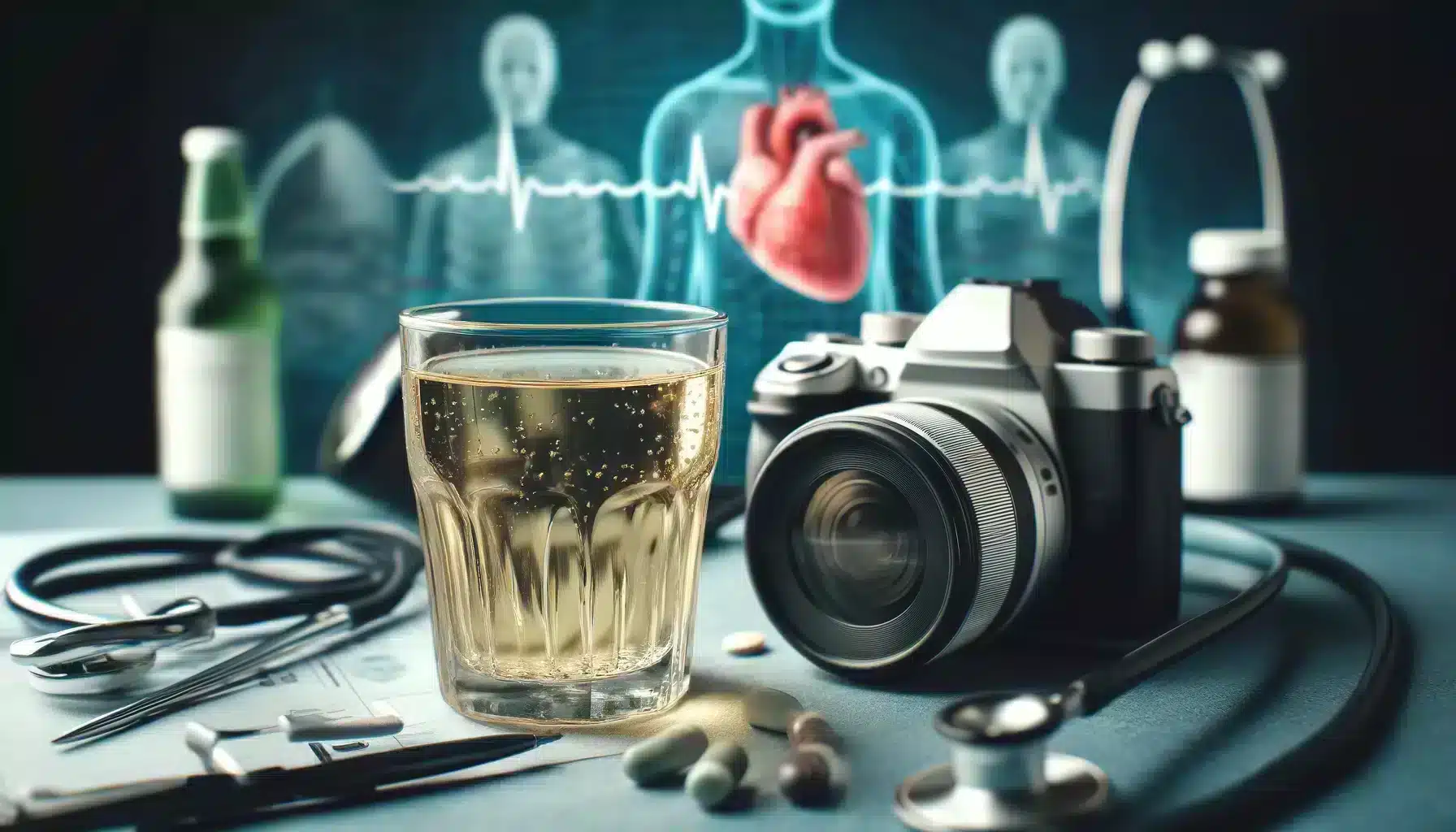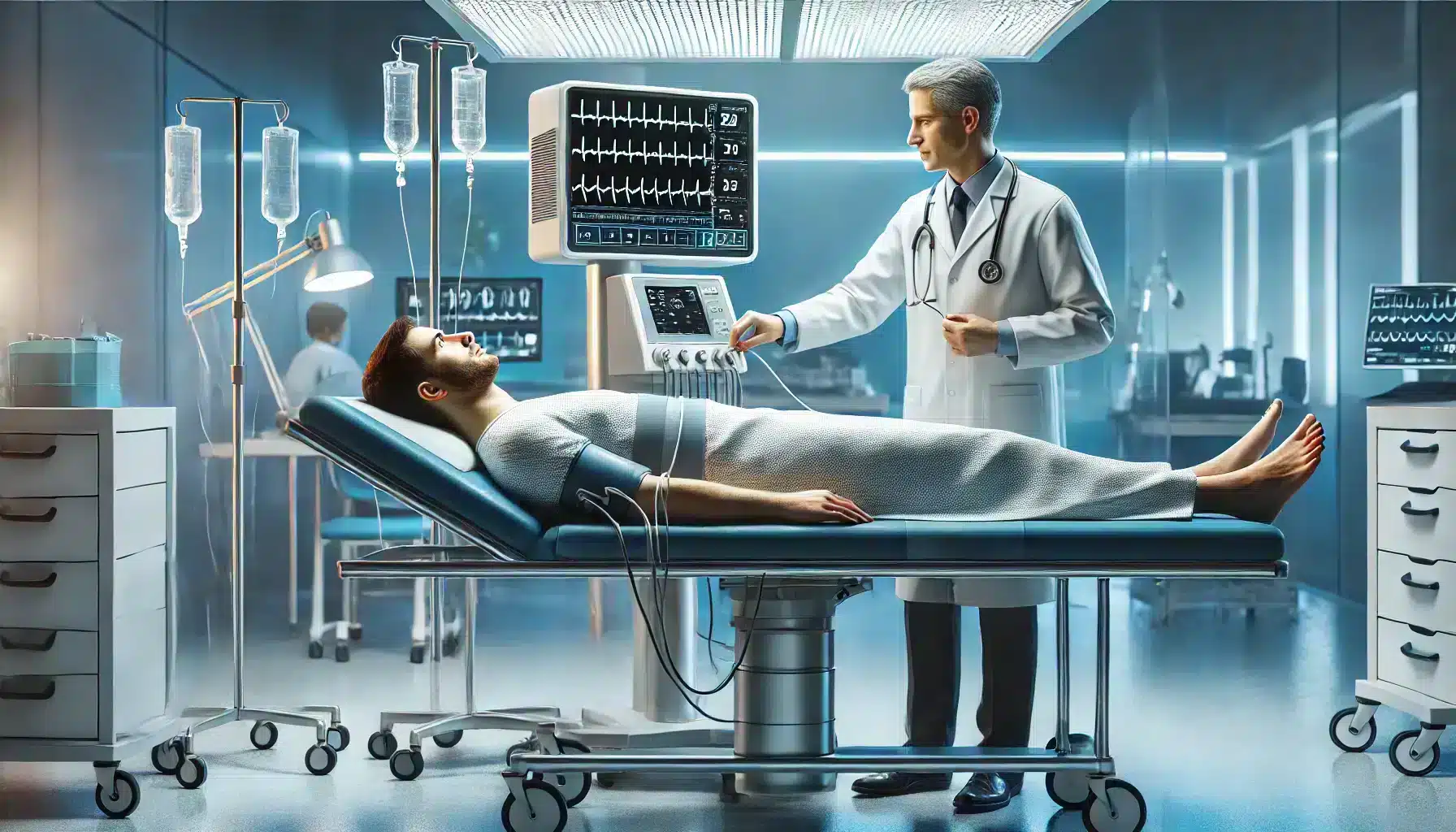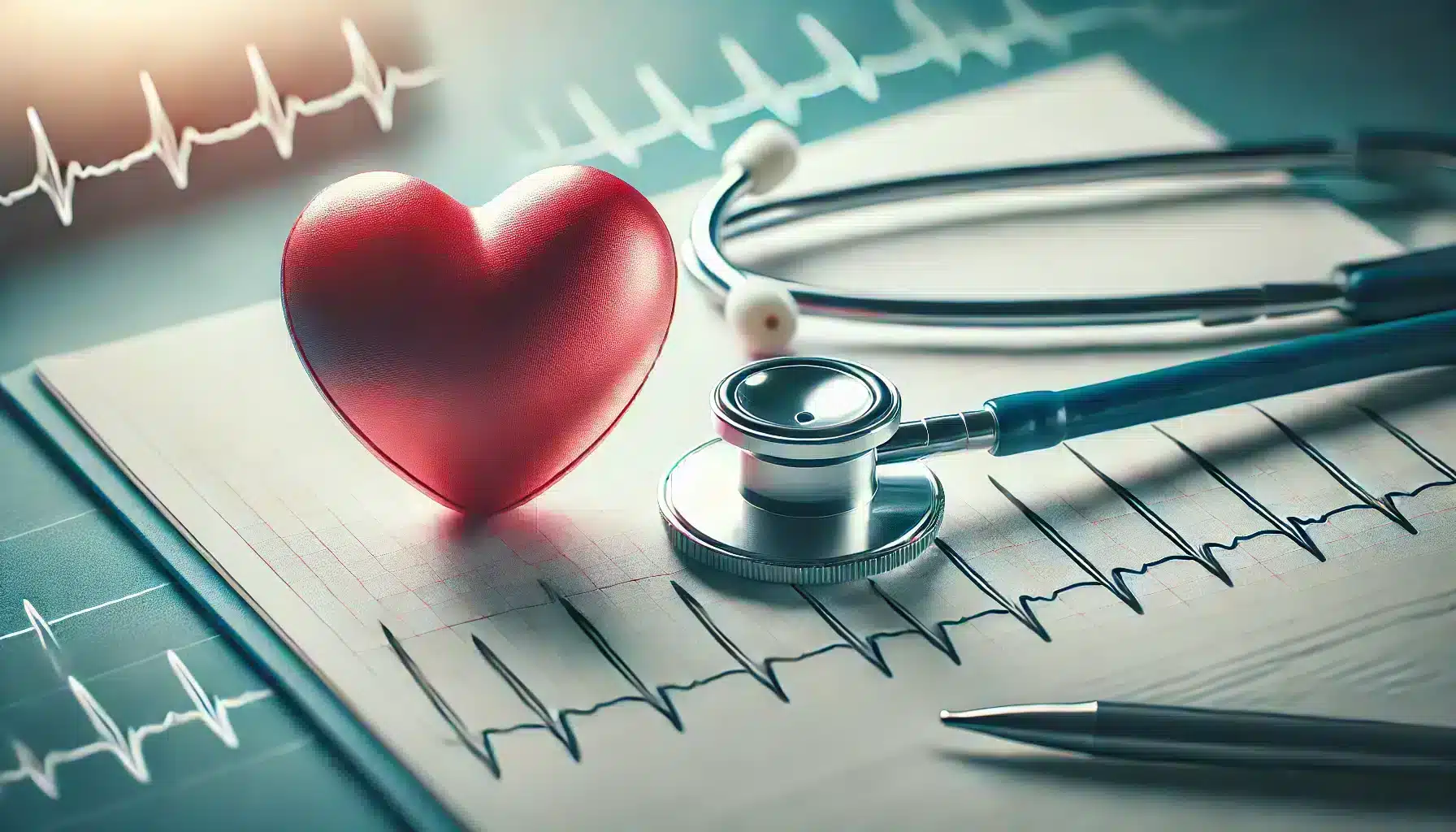Understanding Genetic Risk Factors for Heart Disease Heart disease is influenced by a variety of factors, and genetics play a significant role in determining how prone a person may be to developing this condition. If heart disease runs in your family, it’s important to understand how genetic predisposition affects your risk. While lifestyle factors such as diet and exercise are …
Read More »